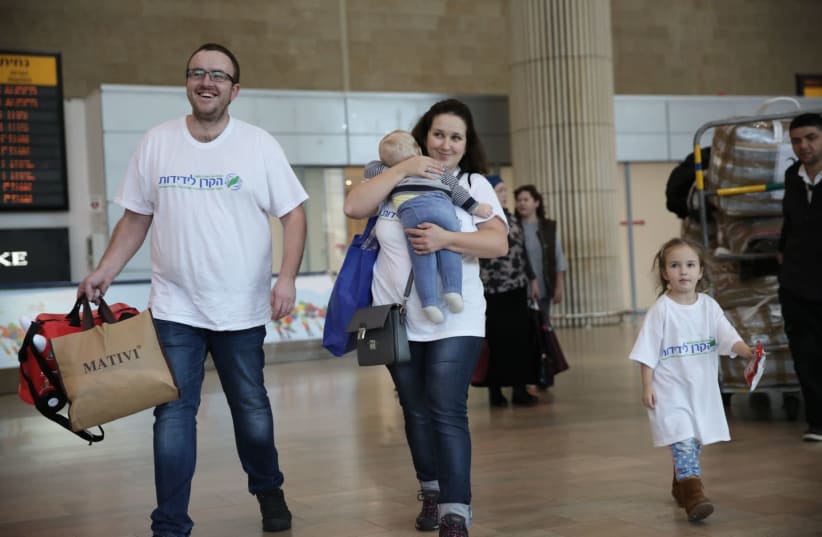Last Ukraine aliya charter plane of 2017 arrives in Israel
"Thanks to our millions of Christian friends in the US and in countries from Brazil to South Korea, we are playing an increasingly active role in bringing new immigrants to their Jewish homeland."
